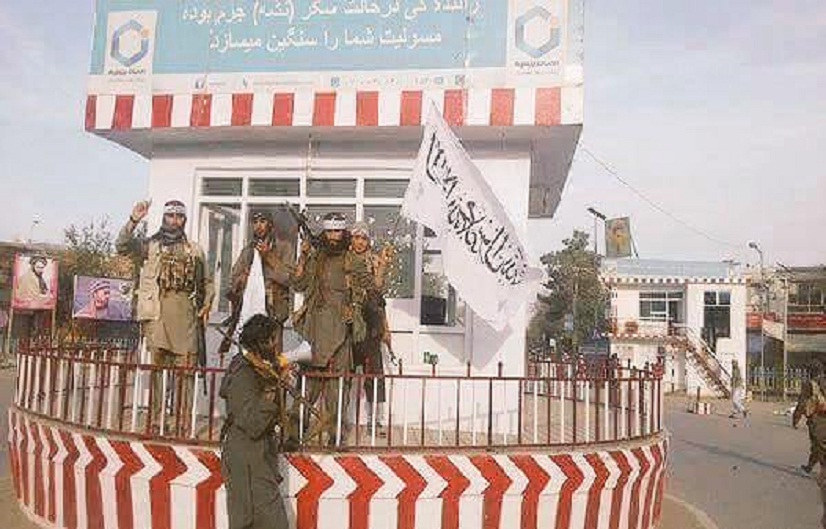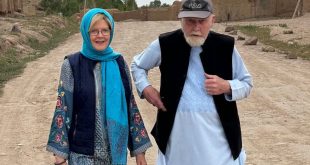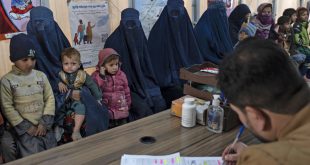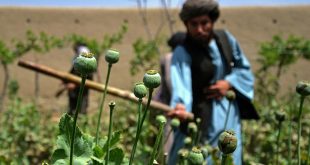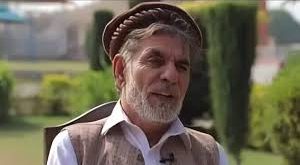Political pundits and security affairs analysts were of the view that the Taliban insurgents would engage in infighting over leadership of the group. However, it did not happen. Most of their theories regarding new battle over leadership of the group, after killing of Mullah Mansoor in a US drone strike in Balochistan, proved water bubble as the militants had appointed Mawlawi Haibatullah Akhundzada as supreme leader. Sirajuddin Haqqani and Mullah Yaqoob were chosen as his deputies. On Wednesday the Taliban announced appointment of the new leader and on the same day they carried out attack in Kabul. Eleven civilians were killed and four others injured in the attack on a bus carrying employee of a local court.
Apparently, the new Taliban leader wants to prove that they are united and could hit targets even in the capital city. Today’s attack marked beginning of new era of violence. The Taliban deliberately wanted to carry out terror attack in Kabul City, so it will serve as message to the Afghan government that they have not lost the strike capability. The attack shall serve as a wakeup call for the policymakers because the new leadership is not in favor of peace talks. Before formulating a new peace mechanism and reviewing the security strategy, the authorities should get analysis mindset and approach of the Taliban’s new leader. The new militant supreme commander would be a headache for the Afghan government if the authorities lacked counter-strategies.
Akhundzada has no soft corner for peace. He served as chief of the military court in the Taliban’s rule. When the Taliban were removed from power in 2001, Haibatullah Akhundzada served as shadow Chief Justice. Later, he was appointed as second deputy by Mullah Mansoor. Akhundzada is respected by most of the Taliban leaders because he is a religious scholar. Thus, the chances of differences among the Taliban over the top slot are little. He will convince each and every militant commander and fighter to fight till the bitter end. Moreover, al-Qaeda and other foreign terror groups would support the new leadership due to unity in the ranks.
Therefore, the new leadership of the insurgent group poses serious challenges to Afghan policymakers. The peace process will remain dormant. The authorities shall focus on stopping the Taliban from launching terror attacks. Only a comprehensive and productive policy can tame the newly unleashed beast of violence. The government shall not only focus on intelligence gathering in the insecure areas but also in relative peaceful parts of the country.
 Afghanistan Times
Afghanistan Times
